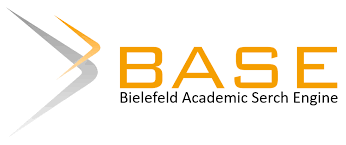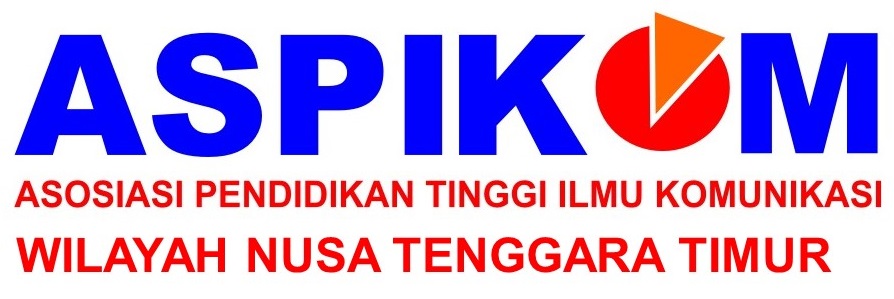Publication Ethics
Jurnal Communio: Jurnal Jurusan Ilmu Komunikasi is a peer-reviewed journal. The publication ethics statement is established to avoid dishonest practices such as duplication, fabrication, and plagiarism in the publication of articles. This statement contains common guidelines for ethical behavior for all parties involved in publishing articles in this journal, including the editors, peer-reviewers, authors, and publisher. This publication ethics statement was adopted from Elsevier Publication Ethics and Publication Malpractice Statement, and COPE's Best Practice Guidelines for Journal Editors.
Editors Ethics
- The submitted manuscript shall be the responsibility of the Editors to evaluate thoroughly, transparently, objectively, and fairly based on their academic achievement (importance, originality, validity of study, and clarity) and its relevance to the scope of the journal.
- The editors must ensure that all considered manuscripts undergo the peer-reviewed process by the reviewer.
- The editors must be objective in assessing the manuscript regardless of the authors’ race, gender, sexual orientation, ethnic origin, citizenship, religious belief, political philosophy, or institutional affiliation.
Reviewers ethics
- Peer review shall assists editors in making editorial decisions and, through editorial communications with authors, may assist authors in improving their manuscripts.
- Reviews should be conducted honestly, objectively, unbiasedly, and independently and observations formulated clearly with supporting arguments so that authors can use them for improving the manuscript.
- Reviewers should also notify editors of any significant similarities or overlaps between the manuscript under consideration and any other manuscripts (published or unpublished) with which they are personally aware.
- Unpublished material unveiled in a submitted manuscript shall not be used in a reviewer’s own research without the express written consent of the authors. Privileged information or thoughts obtained through peer review must be kept confidential and not used for the reviewer’s individual advantage.
Authors Ethics
- Authors are responsible for the submitted manuscript and must declare that the manuscript is his/her own work. Authors of original research should present an accurate account of the work performed and the results, followed by an objective discussion of the significance of the work. The manuscript should contain sufficient detail and references to permit others to replicate the work. Review articles should be accurate, objective, and comprehensive, while editorial 'opinion' or perspective pieces should be clearly identified as such. Fraudulent or knowingly inaccurate statements constitute unethical behavior and are unacceptable.
- The authors should ensure that they have written entirely original works, and if the authors have used the work and/or words of others that this has been appropriately cited or quoted. Proper acknowledgment of the work of others must always be provided. Authors should cite publications that have been influential in determining the nature of the reported work.
- When an author discovers a significant error or inaccuracy in his/her published work, the author should promptly notify the journal editor or publisher and cooperate with the editor to retract or correct the paper.
- Papers describing essentially the same research should not be published in more than one journal or primary publication. Hence, authors should not submit for consideration a manuscript that has already been published in another journal. Submission of a manuscript concurrently to more than one journal is unethical publishing behavior and unacceptable.
Publisher Ethics
- In cases of alleged or proven scientific misconduct, fraudulent publication, or plagiarism, the publisher, in close collaboration with the editors, will take all appropriate measures to clarify the situation and to amend the article in question. This includes the prompt publication of an erratum, clarification, or, in the most severe case, the retraction of the affected work.
- Together with the editors, the publisher shall take reasonable steps to identify and prevent the publication of papers where research misconduct has occurred, and under no circumstances encourage such misconduct or knowingly allow such misconduct to take place.










 The articles in Jurnal Communio are licensed under a
The articles in Jurnal Communio are licensed under a 